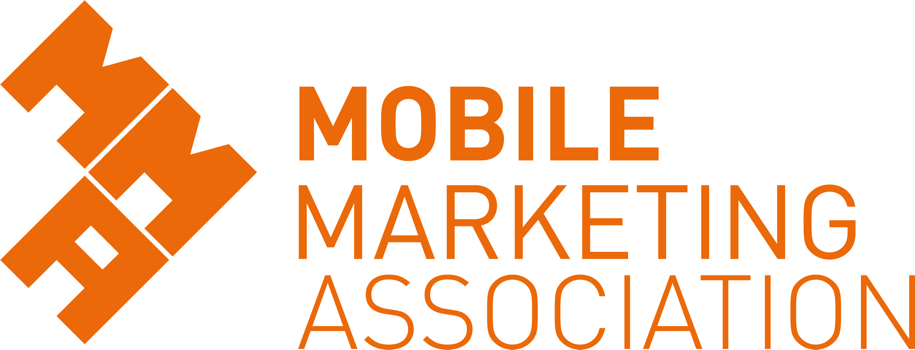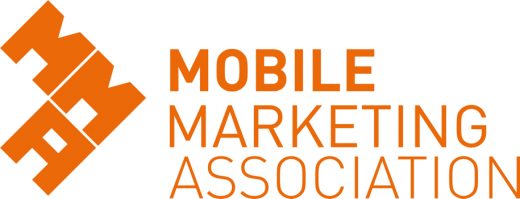MMA Working Groups To Address Concerns Over ‘Walled Gardens,’ Data Quality
MMA Working Groups To Address Concerns Over ‘Walled Gardens,’ Data Quality
by Tobi Elkin @tobielkin, May 10, 2017
The Mobile Marketing Association (MMA) on Wednesday announced the creation of two working groups that will address marketers’ concerns involving so-called “walled gardens” and data quality.

The goal is to provide more clarity for brands around multi-touch attribution (MTA).
The MMA said that more than 24 brands are participating including Allstate, Bank of America, JPMorgan Chase, Chobani, The Coca-Cola Co., Marriott, Mastercard, Procter & Gamble, Target, and Unilever.
Part of the MMA’s Marketing Attribution Think Tank (MATT), the group’s topics were identified as two of the most critical challenges that marketers have with MTA.
The MMA said it completed a Multi-Touch Attribution Assessment and Landscape Report, an industry-approved MTA Request for Information (RFI) template, and a provider scoring tool for brands to use in their own MTA selection processes.
The MMA also created a four-part webinar series, aiming to simplify the vendor selection process for marketers.
Based on MMA surveys, more than 150 of the top 500 marketers are using MTA and an additional 250 are seeking a solution in the next 18 months.
In addition, the MMA said it completed an industry survey recently with brand marketers to determine the current landscape of MTA adoption.
According to survey findings:
–Selecting and onboarding an MTA provider is a year-long process, beginning with the initial request for proposal. The findings suggest that using the MMA RFI reduces the timeframe by at least six months.
–Most marketers are still not applying MTA broadly in the organization, leaving on average about 65% of their spend unassessed by MTA.
–Marketers on average pay nearly $500K a year for MTA, although most MMA MATT committee members found those costs to be low.
–While most believe that MTA is marketing measurement’s holy grail, in the survey two-thirds of marketers are uncertain whether MTA “pays for itself.”
–The findings suggest that marketers’ biggest priority for MTA is the ability to show lift in campaign performance and improve validation of results.
–Non-users of MTA seem to have somewhat different perceptions and expectations. They estimate longer selection and onboarding times compared to current MTA users, but they also think that once onboarded, they will be able to use MTA to assess a higher share of their marketing spend (about 45%).
Their expectations about MTA’s impact on ROI are also higher than what users report, with two-thirds of them expecting a positive impact on ROI (vs. 50% of users).
MediaPost.com: Search Marketing Daily
(62)


